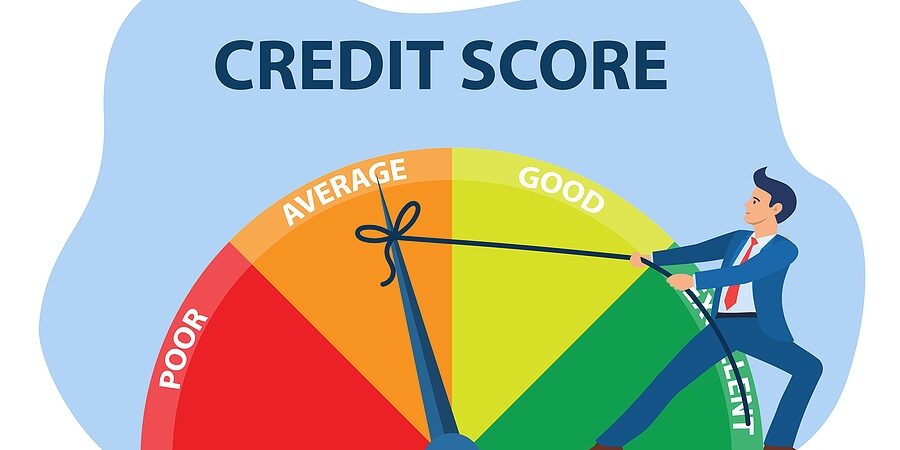A credit score is a number that lenders use to help them decide whether to give you a loan. The three main credit bureaus – Equifax, Experian and TransUnion – generate credit scores based on the information in your credit report. This information includes how much debt you have, whether you make your payments on time, and how long you’ve been using credit.
Your credit score is very important. A high credit score means you’re a low-risk borrower, which could lead to a lower interest rate on a loan. A low credit score could lead to a higher interest rate and could mean you won’t be approved for a loan at all.
Let’s take a closer look at what makes up a credit score :
What’s in a Credit Score?
There are several factors that go into your credit score, including:
- Your payment history (35%)- Do you make your payments on time? late payments can have a negative impact on your score.
- How much debt you have (30%) – This is also known as your “credit utilization ratio.” It’s the amount of debt you have compared to your total available credit. For example, if you have $2,000 in total credit available and you’re using $1,500 of it, your ratio is 75%. The lower your ratio, the better for your score.
- The length of your credit history (15%) – A longer history shows lenders that you’re good at managing debt over time.
- The types of credit you use (10%) – This includes things like revolving debt (such as credit cards) and installment loans (such as auto loans).
- New Credit (10%) – Opening several new accounts in a short period of time can signal that you’re taking on too much debt.
Your credit score is very important. It’s used by lenders to determine whether to give you a loan and what interest rate to charge. A high credit score means you’re a low-risk borrower, while a low credit score could lead to a higher interest rate or mean you won’t be approved for a loan at all. Your payment history, debt level, credit history, and mix of credit accounts are all factors that make up your credit score. So it’s important to manage all of these aspects of your financial life carefully if you want to maintain a good credit score. To learn more please click this video link >>> VIDEO


